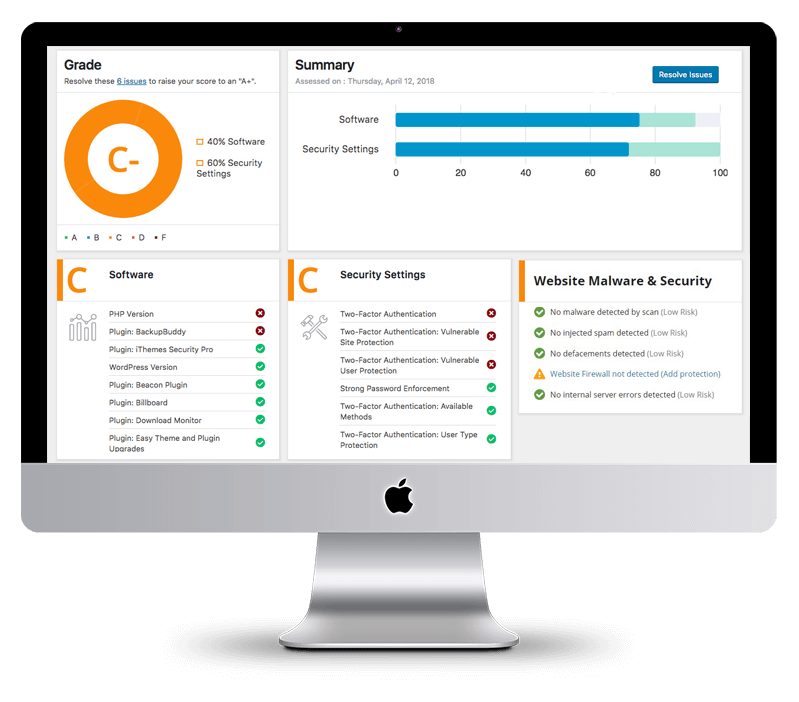AI search is changing how we find information online. Instead of just matching keywords, AI understands context and intent, giving us more personalized and relevant results faster than ever before. This is a big shift, and businesses need to pay attention.
Key Takeaways
- AI search understands natural language and context, not just keywords.
- It can process vast amounts of information much faster than traditional search.
- Tools like ChatGPT, Gemini, and Perplexity are leading the AI search revolution.
- Adapting to AI search offers a significant first-mover advantage for businesses.
- Traditional SEO principles are still important, but AI search optimization requires a broader approach.
What Exactly Is AI Search?
Think of AI search as a smarter way to find things online. Unlike old-school search engines that relied heavily on matching exact keywords, AI can actually understand what you mean when you type something in. It gets the context and your intent behind the words. This means it can look through way more information, way faster, and give you an answer that’s more tailored to you.
It’s not just pulling up a list of websites anymore. AI takes information from tons of sources, including its training data and live internet searches, and then puts together an answer in a way that makes sense. It’s like having a super-smart assistant who can read the entire internet in seconds and then explain things to you clearly.
How Does AI Search Work?
When you type a question into an AI search tool, it doesn’t just look for one specific phrase. It breaks down your request into multiple search queries. For example, if you ask for a "hot holiday destination with wildlife and nightlife in August," the AI will figure out you need to know about temperatures, best travel times for wildlife, and places with good nightlife during August. It then searches for all of that information across the web.
It doesn’t just look at the top few results; it scans a much wider range of sources. Then, it combines all that information to give you a comprehensive answer, often presented in an easy-to-understand format like bullet points. It can even suggest places to avoid or mention local events, making the information super relevant.
Where Can You Find AI Search?
Several tools are making waves in AI search:
- ChatGPT: One of the most well-known AI platforms, often the first one people encounter.
- Gemini: Google’s own AI offering, integrated into its ecosystem.
- Perplexity: Known for providing detailed answers and citing its sources clearly.
- Grok, Copilot: Other notable AI search tools.
- Google’s AI Overviews/AI Mode: Google’s latest integration of AI directly into its search results, currently rolling out in the US and other regions.
The tool you choose often comes down to personal preference or what’s available through work. While some tools might sound more conversational or offer more technical details, the core idea is the same: getting a more intelligent search experience.
Why Is AI Search So Important?
AI search represents a massive shift, similar to when the internet first became mainstream. Businesses that don’t adapt risk becoming obsolete, much like Blockbuster did when streaming services emerged. The speed, thoroughness, and personalization of AI search are unlike anything we’ve seen before.
For marketers, this is a critical time. Relying solely on traditional SEO might not be enough. AI search is becoming the default way people find information, and understanding how to be visible in these new results is key to survival and growth. The projections suggest AI search could overtake traditional search within the next few years.
AI Search vs. Traditional SEO
While AI search is new, it builds upon the foundations of traditional SEO. Good underlying SEO practices – like keyword research (now more topic-focused), creating valuable content, and having a well-structured website – are still vital. However, AI search optimization adds new layers:
- Content Chunking: Breaking down content into easily digestible answers under relevant headings.
- Question-Based Headings: Using headings that directly answer potential user questions.
- Digital PR & Brand Mentions: AI looks beyond just backlinks to consider brand mentions, overall online presence, and sentiment.
- Brand Authority: Brand recognition and how your brand is perceived online are becoming more integrated into search results.
It’s no longer just about technical SEO; it’s about managing your brand’s overall online reputation and visibility across various platforms.
The Role of Different Content Types
AI search doesn’t just pull from written articles. It can also incorporate:
- YouTube Videos: Especially for

Rodney Laws is an ecommerce expert with over a decade of experience helping entrepreneurs build and grow online businesses. He specializes in reviewing ecommerce platforms, optimizing user experience, and guiding brands toward higher conversions. His insights have been published on leading industry sites including UsabilityGeek, G2, Spendesk, and PPC Hero.
As the editor at EcommercePlatforms.io, Rodney combines hands-on knowledge with clear, actionable advice to help business owners choose the right tools and strategies. When he’s not testing the latest software or analyzing trends, he’s sharing practical tips that make complex ecommerce decisions simple.




